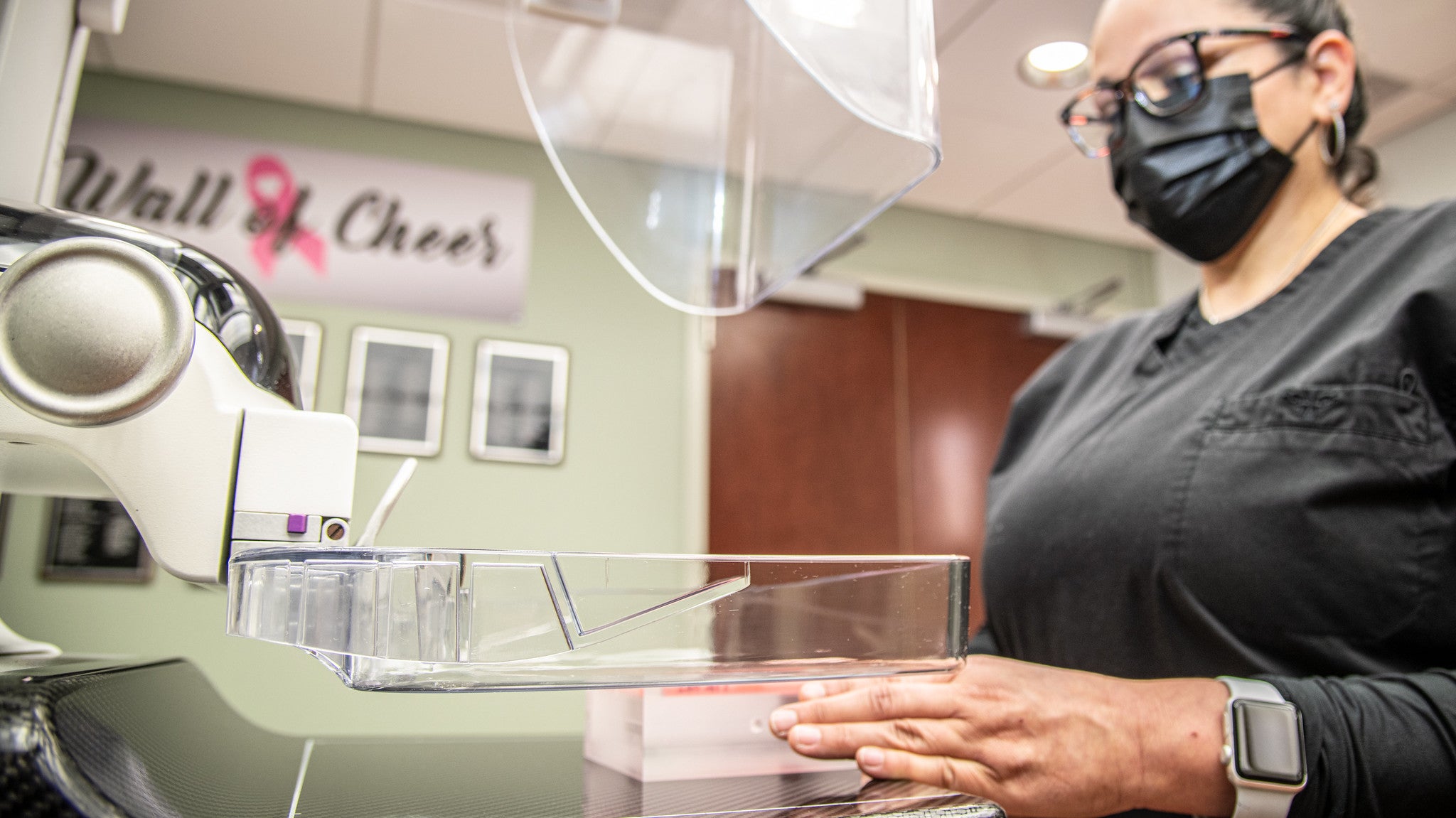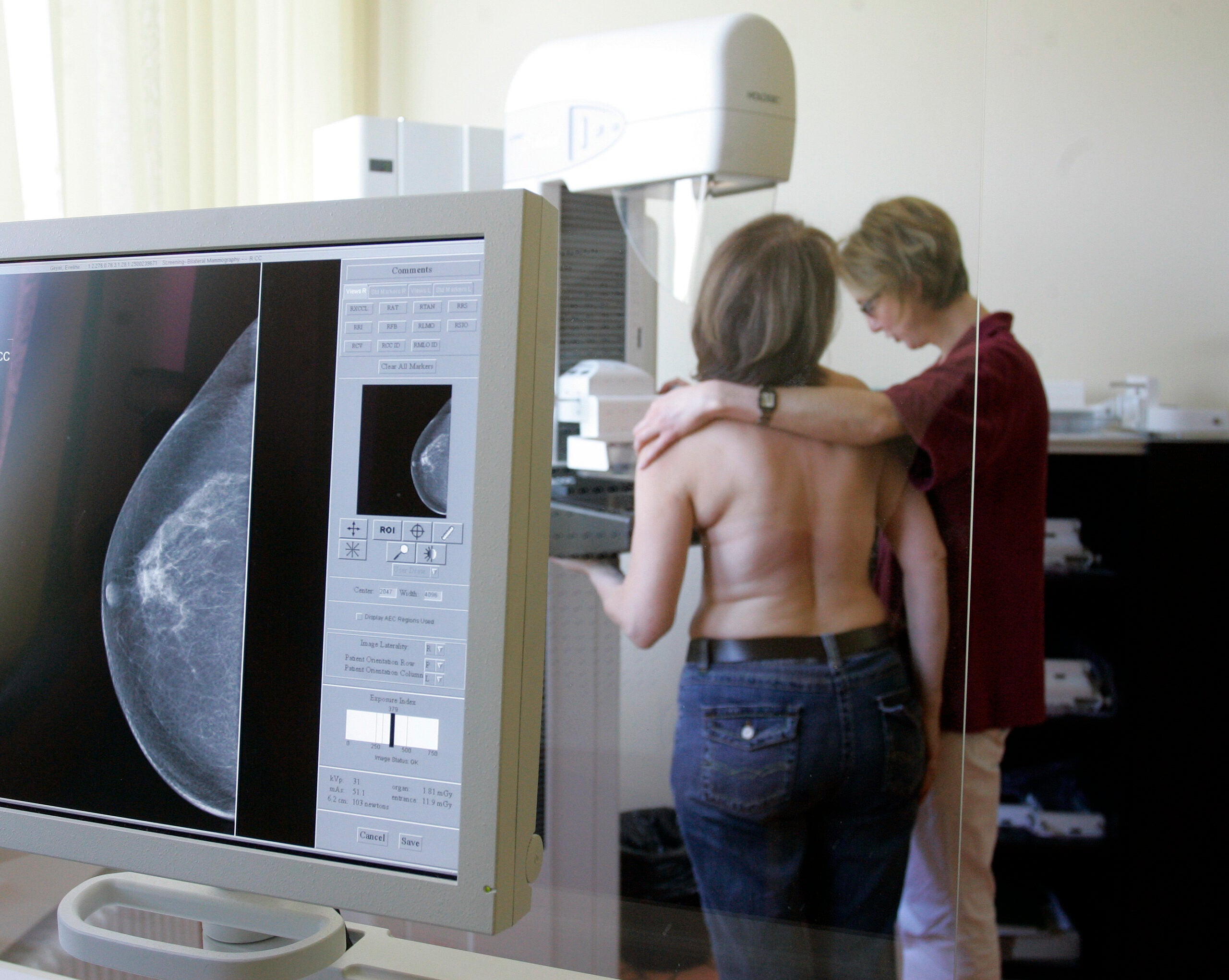A new report by the National Cancer Institute shows overall cancer death rates decreased across the United States over the past four decades. Despite the decrease, lung and pancreatic cancers remain harder to treat.
The five-year survival rate for people in Wisconsin diagnosed with lung cancer was below 20 percent. That’s compared to a survival rate for prostate cancer of about 97 percent.
Angela Mariotto, who helped author the report, said certain cancers are harder to detect which leads to a decreased survival rate.
Stay informed on the latest news
Sign up for WPR’s email newsletter.
“Lung cancer is a very aggressive cancer,” she said. “Pancreatic cancer is a very aggressive cancer. We have not been able to develop effective screening techniques for these cancers.”
Mariotto said more research must be done to determine how cells from certain diseases work.
Dr. Noelle Loconte, an associate professor of medicine at the University of Wisconsin School of Medicine and Public Health, said finding people willing to advocate for research funding is difficult due to the low survival rates of those cancers.
“If you look at funding, breast cancer is very well funded and we’ve made really amazing improvement in breast cancer treatment,” she said. “Lung cancer, pancreas cancer, we’re about where breast cancer was in the 1940s or ’50s as far as funding.”
The survival rate for pancreatic cancer in Wisconsin was about 10 percent.
African-Americans diagnosed with lung or colon cancer had the lowest five-year survival rate.
Wisconsin Public Radio, © Copyright 2024, Board of Regents of the University of Wisconsin System and Wisconsin Educational Communications Board.






